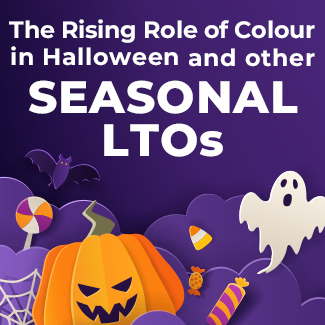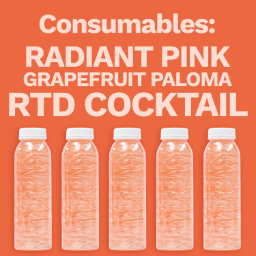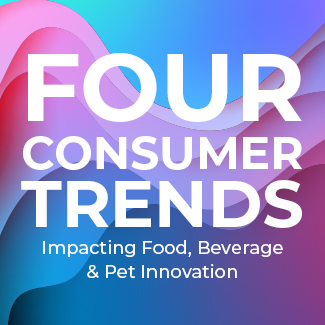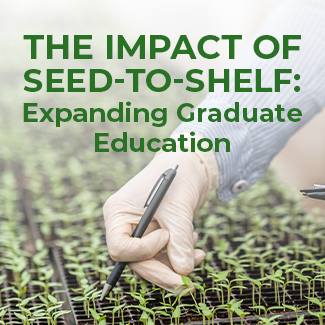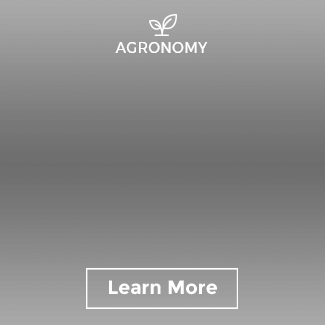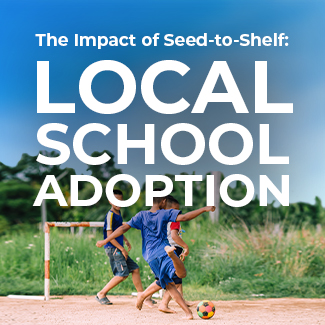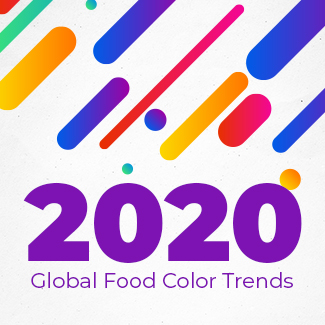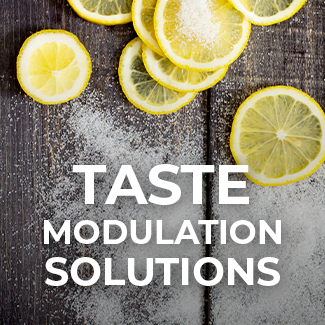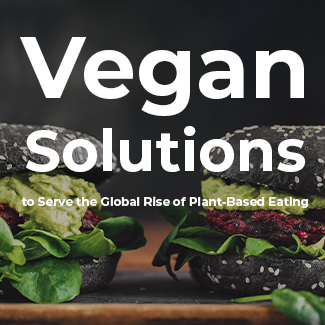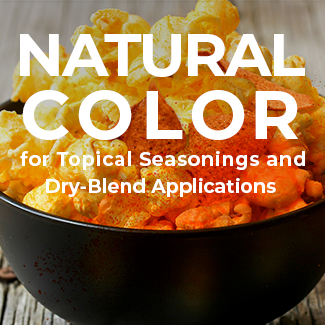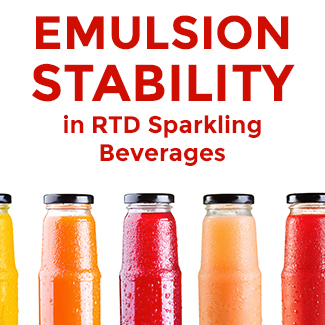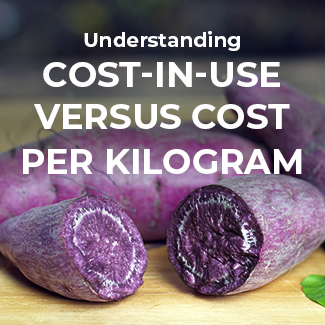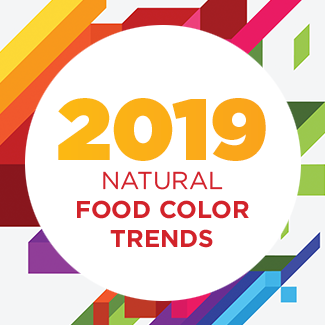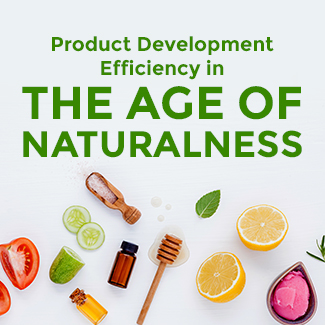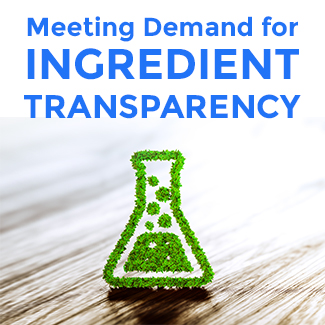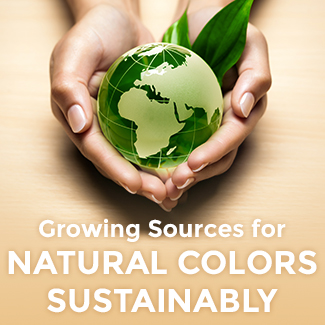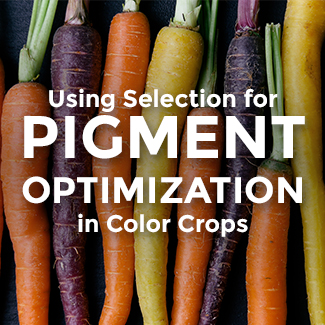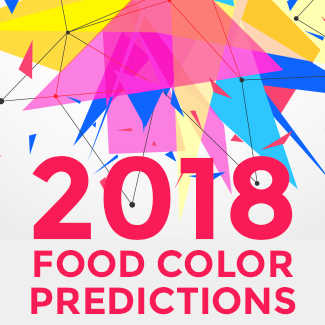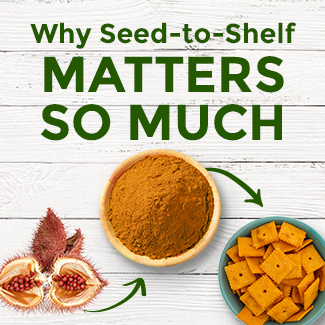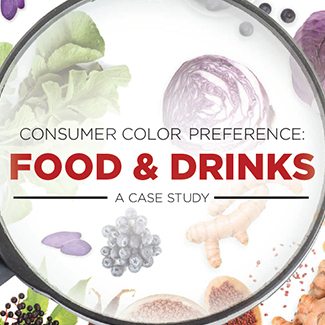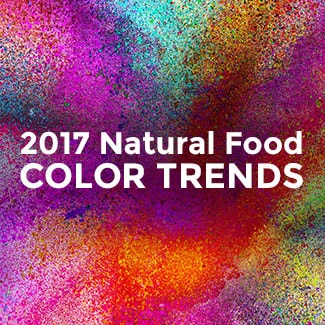The Many Benefits of Sensient’s Seed-to-Shelf Agronomy Program
Whilst fewer meals are consumed at home, and snacking in today’s society becomes ever more frequent amongst consumers across the globe, I came across two interesting data points in the snacking category lately:
- Across several European markets, more than 70% of snack consumers agree to try to find a balance between indulgent and healthy attributes in a snack, a Mintel survey shows.
- Snacks belong to the fastest growing food and beverage launches tracked with natural food colors usage globally (+9% CAGR between 2014 & 2018), Innova Market Insights observes.
Additionally, Mintel tracks the global use of natural food color approaching 80% across all food and beverages. Whilst being very established in Europe, the usage of coloring foods and natural food colors by now is broad-based and global in nature.
Our priority at Sensient is to ensure a consistent and growing supply of color crop production to meet the demand. The benefits of a good agronomy program go far beyond a stable and growing supply though.
An agronomy program traced back to the seed of a color crop also enables these advantages:

Improved cost over time as agronomists increase pigment levels in key color crops

A reliable and more consistent supply due to a multi-region planting program

Complete food color traceability to the farm level
Discovery of new botanical sources like a blue shade that solves some of the industry’s biggest challenges with natural food color

Ability to positively impact people around the world with programs benefitting local economies in a socially responsible manner
LEARN MORE ABOUT SENSIENT’S AGRONOMY PROGRAM DIRECTLY FROM OUR HEAD AGRONOMIST IN THIS VIDEO:
By partnering with farmers in our growing locations around the world, we are able to collaborate responsibly. In addition, our bi-hemisphere approach to crop production enables more seed-to-harvest cycles, eliminating potential supply and forecasting disruptions.
As we continue to develop our agronomy program, which we call “Seed-to-Shelf”, an ongoing focus will always be addressing many of the opportunities and challenges associated with a global supply chain.











